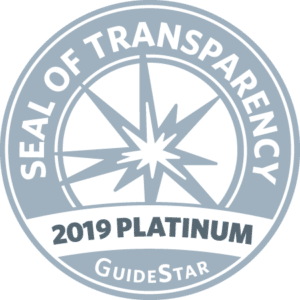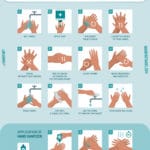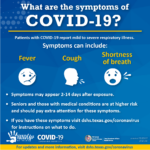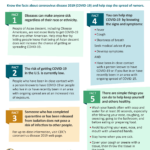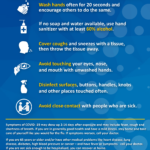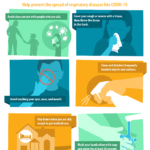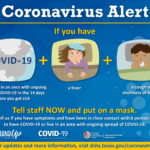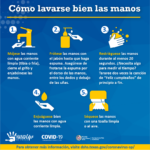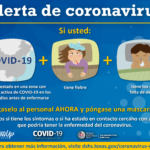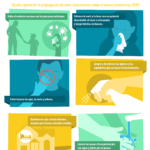In association with our partnership with Texas Emergency Response and Texas Homeland Security, please find attached helpful guides to assist in the prevention of disease in East Texas. We get daily updates and information and will keep our Clients, Volunteers, Supporters, and Donors informed as needed. Please read below
Information about the new coronavirus (COVID-19) is spreading far faster than the virus itself. Last week the state health department announced the first positive test results for COVID-19 in Texas – while these cases are travel related, we absolutely need to be vigilant to keep our communities safe as this situation continues to quickly evolve.
The Texas public health system is working hard to keep Texans as safe and protected from COVID-19 as possible. Today we want to assure you we too are making plans to help keep our workplace and communities safe.
- #1 Preventative is to Wash Hands and use Hand Sanitizer
- New Guidelines Less than 10 people in a group and 6ft apart
- En asociación con nuestra asociación con Texas Emergency Response y Homeland Security, encuentre guías útiles para ayudar en la prevención de enfermedades en el este de Texas. Recibimos actualizaciones e información diarias y mantendremos informados a nuestros Clientes, Voluntarios, Partidarios y Donantes según sea necesario.
How to Protect Yourself and Others
Currently there is no vaccine for COVID-19, so prevention is even more critical. Reducing spread as quickly as possible will help protect our most vulnerable populations, such as seniors and those with chronic medical conditions. You can prevent the spread of coronavirus, and also the flu, by taking these steps:
- Wash your hands often with soap and water for at least 20 seconds, especially after going to the bathroom. Also wash them before eating and after blowing your nose, coughing or sneezing.
- If there’s no soap and water, use an alcohol-based hand sanitizer with at least 60% alcohol.
- Avoid touching your eyes, nose and mouth with unwashed hands.
- Avoid close contact with people who are sick.
- Stay home when you are sick.
- Cover your cough or sneeze with a tissue, then throw the tissue in the trash.
- Clean and disinfect objects and surfaces you touch often with a regular household cleaning spray or wipe.
People who are well do not need to wear masks at home or in public.
What to Do If You Feel Sick
Patients diagnosed with COVID-19 report mild to severe respiratory illness.
Symptoms of COVID -19 may show up 2-14 days after exposure and may include fever, cough and shortness of breath.
General Population: If you are in generally good health and have a mild illness, stay home and take care of yourself like you would for the flu. If symptoms worsen, call your doctor.
At-Risk Populations: If you are 65 years or older and/or have other medical problems like heart disease, lung disease, diabetes, high blood pressure or cancer – and have fever or symptoms – call your doctor. If you are not sick enough to be hospitalized, you can recover at home. Follow your physician’s instructions or refer to CDC guidance for how to take care of yourself at home.Follow CDC instructions for how to take care of yourself at home.
Your doctor will help make the decision whether you should get tested for coronavirus. Some public health labs in Texas are now testing and local or regional health departments must approve each test.
Travel Updates
If you plan to take any trips soon — in or outside the U.S. — please always check the CDC website for guidance, and plan accordingly. The guidance is changing almost daily.
Working with the Public
Many of us work with the public and we want to provide information and resources that can help you. Please use the CDC and Texas Department of State Health Services (DSHS) coronavirus webpages as reliable sources of information. Here you will also find helpful tips specific to the workplace, like keeping commonly used surfaces such as doorknobs, keyboards, remote controls, desks, wiped down by employees before each use.
Facemask Use
It’s important facemasks and other personal protective equipment are available for healthcare providers. People who are well do not need to wear a mask in public so we discourage “stocking up” on facemasks. If you are a health worker or you care for someone in close settings (such as at home or in a health-care facility), you should wear a facemask. Again, you do not need to wear a mask if you are well.
Preparing Households
The CDC has published a guide for how to prepare households for a potential outbreak. It includes a list of household cleaners that work to disinfect surfaces.
Texas Efforts
DSHS is monitoring the Texas situation all day, seven days a week. They are working closely with emergency response agencies, local health departments and the CDC. We are in communication with DSHS and will keep you informed as this situation continues. Please view a message from DSHS Commissioner Dr. Hellerstedt on steps everyone can take right now to prevent COVID-19 and follow @TexasDSHS on social media for real-time updates. Visit DSHSonline at dshs.texas.gov/coronavirus.
Please use and share this information with others to help stop the spread of COVID-19. Thank you for doing your part to keep yourself, your colleagues, your families and your communities safe.
If you want to help Hand Up Network deal with this national crisis here in East Texas, you can click above to Donate or sign up to Volunteer with us in the future! Join us in our effort to change lives!
HAND UP NETWORK™ is a 501c3 non-profit based in Tyler, TX that has assembled an international team of leaders with decades of experience with a desire to come back home and bring focus to those in need in local communities. The Network offers long-term programs to people seeking a new season in life and response teams designed to address community issues and emergency response. The Network provides intentional volunteer opportunities for people wanting to provide support within their programs and opportunities to engage via Response Teams. The Hand Up Network was awarded the Guidestar Platinum Seal of Transparency for 2019! This is the highest level of achievement possible.
